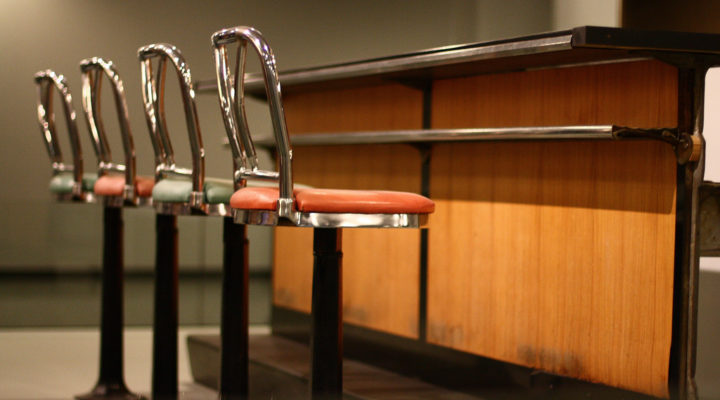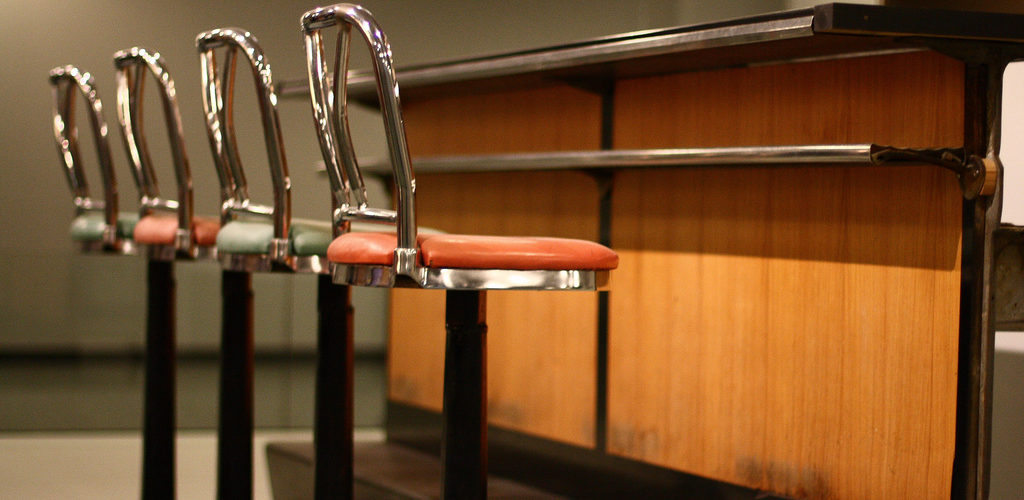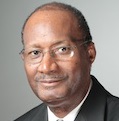The president of a major African-American denomination who earlier this summer participated in a groundbreaking discussion about improving race relations with leaders of the Southern Baptist Convention said Sept. 8 that non-blacks often lack empathy for the plight facing black America.
“I have a lot of friends who are not African Americans,” Jerry Young, president of the National Baptist Convention, USA, Inc., said in a Thursday morning session of the group’s annual gathering this week in Kansas City, Mo. “They are from the broader community.”
“Love them to death,” the pastor of New Hope Baptist Church in Jackson, Miss., said of his non-black friends, but they have never had to protest in order to gain the right to enter a building, eat at a lunch counter, sleep in a hotel or “the right to just vote.”
“If you haven’t had to protest to do that, sometimes you can be insensitive to those who had to do it,” Young said. “If you are born already wealthy, and you have all you need, it’s hard to understand a little boy from Mississippi born on the plantation. I just think there needs to be some sensitivity to the plight of the folk who have been the oppressed.”
Young said he did not want his comments to be interpreted as a blanket endorsement of everything associated with the Black Lives Matter movement, viewed by some white Americans as encouraging violence against police.
“We want folks to understand that we do believe that black lives matter also, and that we need justice in this country, and we need for justice to be color blind in this country, yet we cannot decide that we’re going to indiscriminately go around just killing people,” he said. “You can’t be just shooting police officers. You can’t do it that way.”
Young also commented on controversy over San Francisco 49ers quarterback Colin Kaepernick’s refusal to stand during the national anthem in protest of the treatment of African Americans and other ethnic minorities in the United States.
“I always stand when they play the national anthem, and I always place my hand over my heart,” Young said. “That’s how my daddy trained me. But if he chooses, as a means of protest, not to stand, you’ve got to give him the right not to stand.”
“You can’t throw the young man out on his head because he exercised his right,” Young continued. “Disagree with him if you will, but you can’t disagree with the fact that he had a right to exercise that right if he chose.”
“I am not speaking for National Baptists at this point,” the president said. “I am speaking for Jerry Young. That’s how I see it, and I think we need to pray for that young man. I know there’s been some folks giving that young man a real tough time, beating him up and want to throw him out of the NFL. What you need to do is pray for that young man and pray for the situation and see if we can’t solve some of the problems he’s protesting about.”
Closing out a morning session ahead of an address to delegates Thursday afternoon by White House hopeful Hillary Clinton, Young bemoaned negativity characterizing the 2016 presidential race.
“I have a hard time supporting anybody who spends all your time telling me how bad the other person is rather than how good you are,” Young said. “If I understand anything in light of the political process, it seems to me that we ought to be talking about ultimately not how bad that person is or that person is but what do you bring to the table.”
“Somehow in America we’ve got to get away from this stuff of where people who want to be leaders of our country can spend time acting like nine-year-old children,” he said. “Somebody’s got to be the adult in the room. We need to raise the standard. We need to talk about ideas and ideologies and philosophies and concepts and plans and get off the personality assassinations.”
In June Young participated with Southern Baptist Convention President Ronnie Floyd and others in a panel discussion on racial unity and the church in St. Louis, Mo.
“Those who would like to suggest that racism is not indeed a problem for the church but rather it is a sociological problem, I would argue it is without question a sin problem,” Young told SBC messengers gathered not far from Ferguson, Mo., the St. Louis suburb where the 2014 shooting death of a young black man by a white police officer sparked a national conversation about racial profiling, police brutality and racial inequality in the U.S. justice system.
“Since the church is the only salt and light in town, if there is darkness and decay in America, it appears to me that the church must be guilty.”



